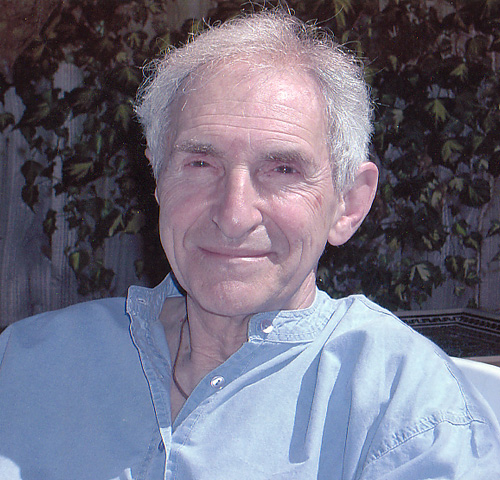
Structural Logic: Implications, Inferences, and Consequences
The Graduate Center - Cuny
There ought to be a way of recognizing the variety and depth of logic without making it hostage to narrow conceptions of proof theory or to broad conceptions of semantics; one that does not make logic hostage to epistemological and metaphysical theories, even though such philosophical considerations have sometimes played a role in the development of logic. The subject should also accommodate both the topic neutrality of some logic and not exclude logics that have dedicated subject matter. Historical versions of intuitionism due to Becker, Kolmogorov, and Heyting ought to count as logic, but on many accounts they do not. There are relations between pictures, between mental states, and between ethical statements, that could easily count as logical, but don’t. We will look at the possible unification and insight that a structuralist approach to logic can offer.